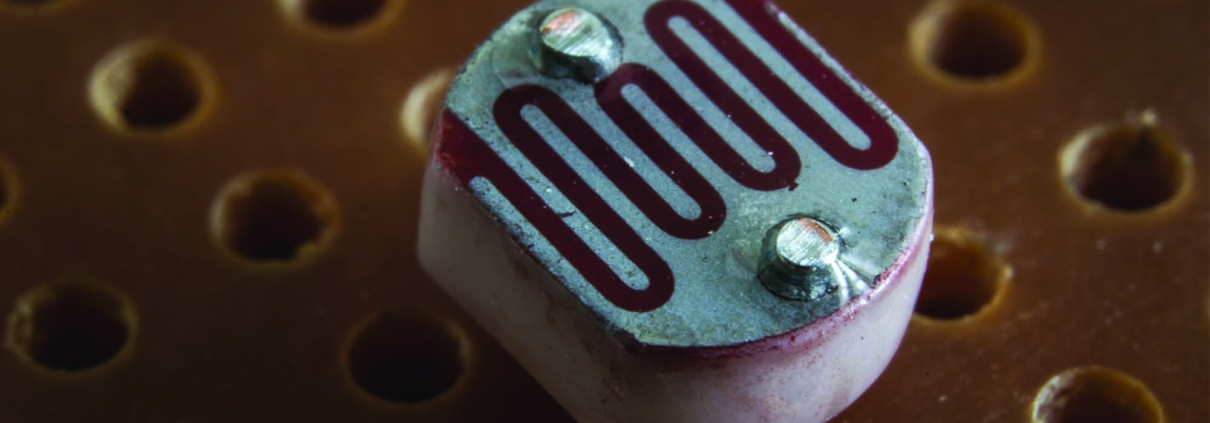
Protect the environment and avoid costly fines with leak detection and repair services from Pioneer Industrial.
LDAR Testing, Your Defense From Costly Fines
In a 2007 guide of best practices for leak detection and repair (LDAR) the EPA reported that the typical refinery or chemical plant can have up to 60,000 connectors and 46,000 valves. Combine this with the hundreds of pumps, open ended lines, sampling connectors, and pressure relief valves also found in a typical plant and you have thousands of opportunities for a system to leak volatile organic compounds (VOC) or hazardous air pollutants (VHAP) into the atmosphere. Regular LDAR is a huge challenge for even average size facilities and it is a task that is sometimes best left to the experts which is why Pioneer Industrial recommends periodic LDAR testing to avoid these costly fines.
How Fines are Determined
A leak on its own is not a violation provided it is corrected once discovered within the allotted time limit. Fines also depend on the substance that was leaked and the possible harm that could come from it. When the EPA assesses fines, they are usually per piece of equipment meaning if three valves in a system are found to be noncompliant, than three separate fines are levied. Here are some other common ways the EPA fines for leaks.
- Recordkeeping – Companies can be fined for listing unregulated equipment, or when a failure to keep records affects other regulations. Investigators will assume that missing inspection records means the inspections weren’t done.
- Reporting – In order to have complete records, the facility must have adequate reporting procedures in place. This means submitting complete reports, on time, to avoid penalties.
- Equipment – Regulated equipment is required to be tagged and identified to distinguish it from non regulated equipment. It is a violation to tag equipment that is not regulated because this will result in a unit having a lower leak rate.
- Monitoring – Inspections, calibrations and careful monitoring at regular intervals are required to avoid substantial fines.
- Repair – Once a leak is detected the operator has five days to attempt to repair it. If the first attempt to repair doesn’t work it needs to be repaired as soon as practible but no more than 15 days after the leak was first detected but some exceptions may apply. The penalties increase dramatically the longer the equipment is operated and not repaired.
- Equipment Standards – This is a failure to operate equipment within accepted standards. For example, open-ended lines must be affixed with a cap or a second valve. As with other fines, these fines are assessed on a per-incident basis.
- Pressure Testing – When equipment is reconfigured for different products, it must be pressure-tested for leaks before it is placed into service. Failure to do so can result in some of the heftiest EPA fines.
How To Stay Compliant with Pioneer Industrial
The internet is littered with reports of companies being fined for LDAR violations either through a lack of a compliance budget or ignorance of requirements, or even pure negligence. Pioneer Industrial is here to provide service and testing of all types to make sure your entire fluid system is well within parameters. As you can see from the above, the fines for operating equipment that pollutes the environment can carry some heavy fines. Our services allow you to not only avoid costly EPA fines, but they make sure you remain a responsible corporate citizen. Staying compliant may be time-consuming and a use of resources but they make sure that your operations are safe for your employees and don’t impact the environment.
If your business is stretched to the limit and you are finding it hard to meet LDAR testing and repair requirements, call Pioneer Industrial today. We have been in this business for a long time. We know and understand EPA regulations and we can help make sure your facilities stay compliant. Reach out to us today to learn more.



